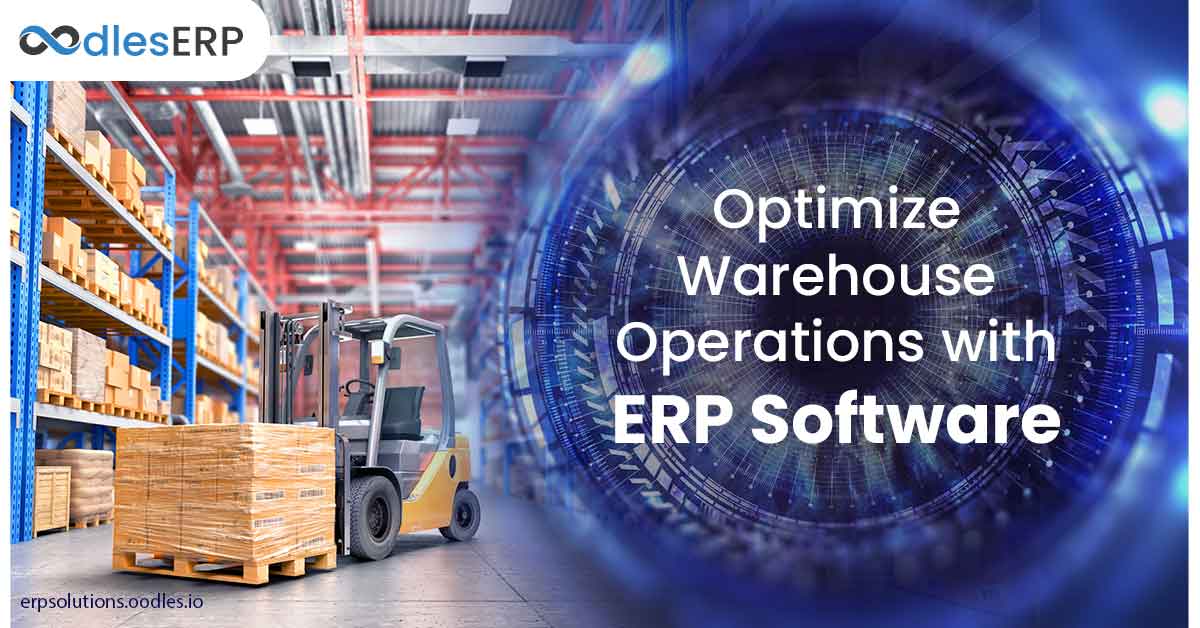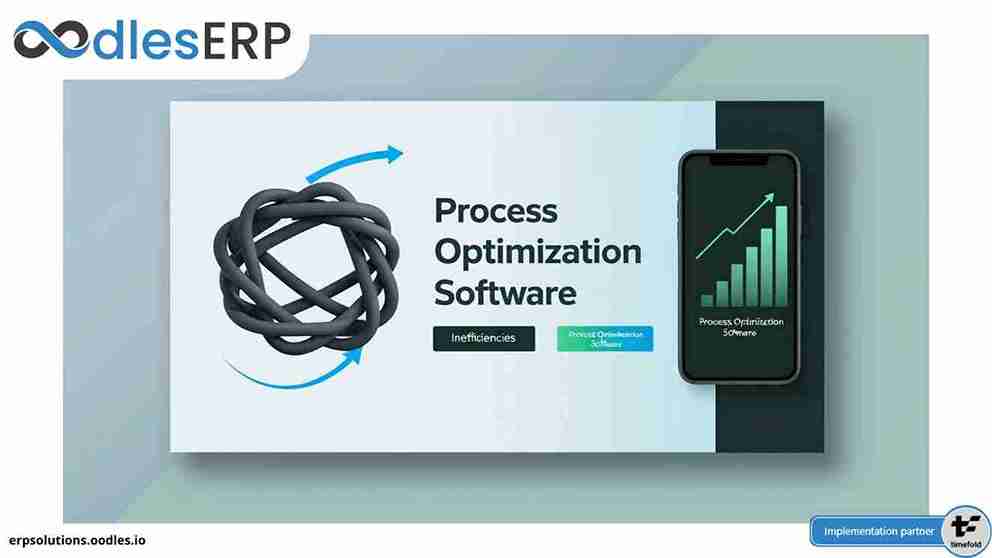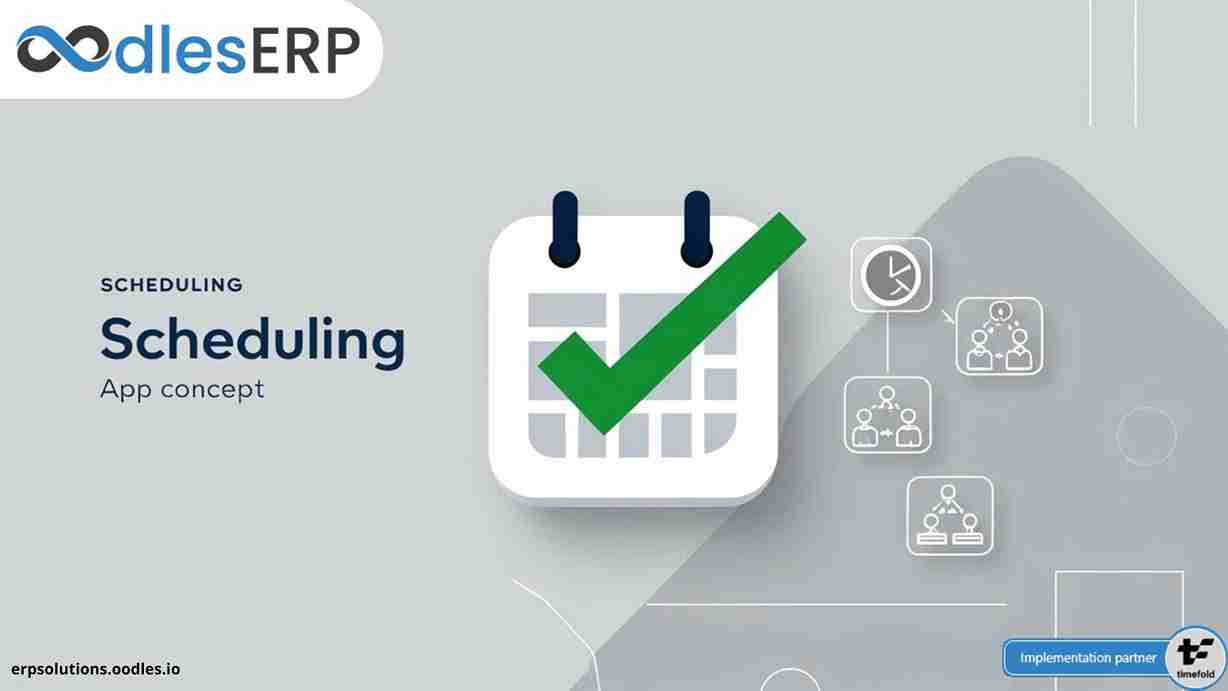At Oodles technologies, we provide supply chain software development services customized to suit specific business requirements as well as changing market trends. We develop ERP systems backed by AI and blockchain technologies for building resilient supply chains and efficient process management. Let's look deeper into how employing an ERP software can optimize warehouse operations to drive manifold returns.

ERP and WMS
It is important to distinguish between an ERP and WMS system to accurately gauge an ERP software for its efficacy in supply chain management.
A warehouse management software (WMS) has a specific functionality catering to track, control, and process the stock and movement of products. It oversees the inventory, storage, classification, allocations, shipments, warehouse capacity, cross-docking, and utilization of equipment. It may manage a single warehouse or different levels of warehouses in accordance with distribution networks. Mostly available as an on-premise solution, WMS is not equipped with tools to maintain stock levels such that excess and obsolete inventory is avoided.
Enterprise Resource Planning or ERP is a business management software that facilitates real-time management of business processes in a centralized manner. Being a system of integrated applications, it integrates business strategy, manufacturing, supply chain, and development with sales and marketing in a single database. Essentially, an ERP-based software Solutions uses a common interface accessible to managers and operators. It comes with secure authorization channels to provide hierarchical access to enterprise data.
The main advantage of ERP over WMS is integrated data collection, storage, and management with real-time access. Also, it comes with demand planning and forecasting tools to ensure the maintenance of adequate inventory and avoid excess/obsolete stocks. Available both as an on-premise and SaaS, it is cost-effective and efficient for warehouse management solutions.
Benefits Managing Warehouse Operations with ERP Software
Lets further reinstate the claim that ERP software works better for warehouse management by listing down its advantages for the same.
1. Inventory management
ERP software uses IoT tags, SKUs, and IDs to automate tracking of stock as well as dispatched goods. It lowers inventory loss by providing accurate counts for items, thus aiding the maintenance of optimum inventory levels.
2. Routing optimization
Transportation and fuel costs add to a lot of expenses in any supply chain. However, with its predictive analytics tools, ERP software solutions facilitates the identification of the fastest and cheapest routes for shipments. At the same time, ERP software can be used to allocate central locations to products as per their demand and distribution networks. It also makes adding a new pick up and delivery location easier and cost-effective.
3. Automated Updates in real-time
An ERP software for warehouse management services can be customized to provide notifications for stock level warnings and scheduled dispatch of goods. This leaves no room for delays or under- and overstocking.
4. Ease of use
A complex system of various business applications put together on a single platform, an ERP software comes with a user-friendly interface. Dashboards enable managers, operators, drivers, and others to identify their tasks, supervise their departments, and ensure sales fulfillment. They are often interactive, and thus, just as effective in case of queries and glitches in warehouse operations.
5. Improved customer service
A robust ERP supported by intelligent tools enables warehouses to fulfill orders accurately and on time. It ensures customer satisfaction and minimizes any scope of error. This leads to a smooth forward and reverse logistics, ensuring returns are just as easy but rare.
As a result, ERP systems enhance warehouse management for better, visibility, tracking, managing inventory, and customer loyalty.
Optimize Warehouse Operations with Oodles ERP
We are an ERP development company with an objective of augmenting enterprises with robust ERP software solutions powered by the latest technologies. Our development teams work relentlessly to custom develop software solutions for SCM, WFM, HRM, CRM, Finance, Accounting, and eCommerce operations, ensuring maximum profitability. Get in touch with our experts to explore how you can optimize warehouse operations with ERP software solutions.









